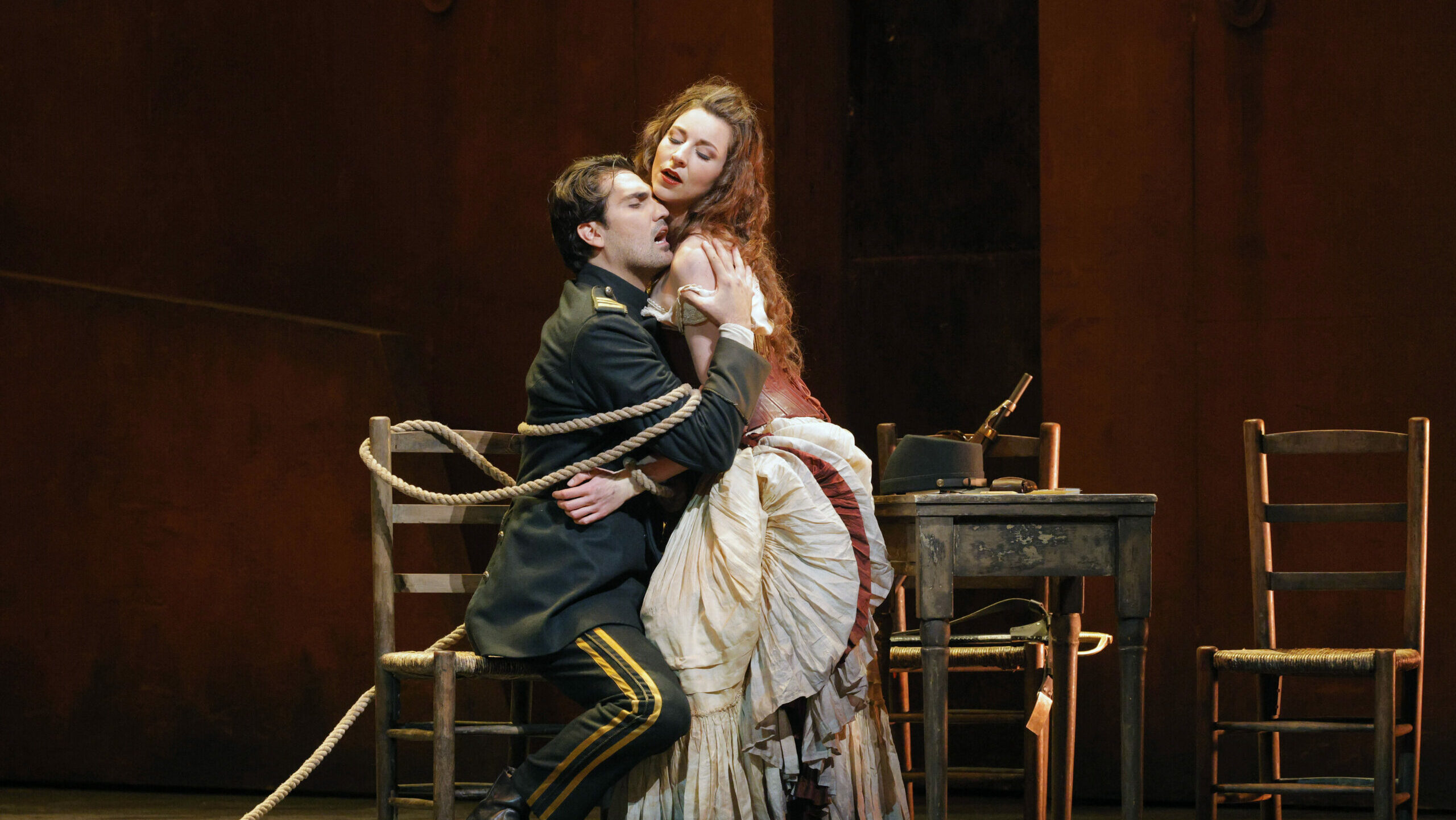
There are good reasons for this. Fundamentally, Vixen is an ensemble piece, with lots of opportunities for singers to shine in supporting roles: even the title character feels less like a star than a member of a community. Vocal demands are, in most cases, not overwhelming. A feeling of youthful exuberance abounds in the septuagenarian composer’s score, which also has numerous child and child-like characters. The theatrical world suggests something of the magic—as well as the life lessons—we associate with fairy tales.
On the other hand, The Cunning Little Vixen, though folkloric in tone and musical influences, is not a fairytale. The libretto, also by Janacek, is based on a serialized novella. The themes—centrally about the eternal cycle of life, the relationships between humans, animals, and the greater natural world, and the inevitability of loss—are imbued with sweetness and quite a bit of humor… but at the same time, there is an adult kind of sadness.
Add to this the musical demands (sophisticated and considerable, including substantial, ravishing interludes that need an accomplished orchestra), the linguistic ones (the opera is Czech, of course, and was sung here in the original).
To put it simply: Vixen is no walk in the park (or, here, in the forest). It requires and deserves the highest caliber of talent in every aspect.
That’s exactly what it got at Curtis Opera Theater, in a production that would have been at home—indeed, something to celebrate—at any opera company anywhere. I loved it so much I went back the next day.
The success starts with a simple but inspired foundational idea. Director John Matsumoto Giampietro frames the action in a memory care facility, where an elderly man and woman sit silently. Clearly immersed in thought, they occasionally reach out as if to grasp something elusive. (Anne-Marie Mulgrew and. Michael Rissinger were beautifully understated in these mime roles.)
And just like that, the world of Vixen takes a vivid new shape. Marvelous as the work is, it’s deeply challenging to stage, with its combination of human and animal characters and its admixture of fantasy and reality. It can quickly turn twee… and it’s not easy to follow.
Here, though, it all comes together perfectly through the kind of diaphanous logic of dreams and fading memory. The framing device here also profoundly reinforces the inevitability of loss as well as renewal. The design work supported this ideally. Costumes by Ashley Soliman were delightfully inventive. Alex Distler (scenery) and Kate Ashton (lighting) created the sense of a bare-bones institution through which a gorgeously colored forest would suddenly emerge at the rear of the stage. The Kimmel Center’s 650 seat Perelman Theater was a suitably intimate venue that allowed details to truly register.
Happily, the musical side of things was equally well-served, starting with an orchestra that was (notwithstanding a few flubs in the brass) up to Vixen’s significant challenges. Conductor (and Curtis alum) Vinay Parameswaran led with sensitivity to musical shapes and forward propulsion, while at the same time retaining a wonderfully translucent color.
Within the large ensemble—the program listed 19 characters—each role was dispatched at a professional level. A few singers made a particular impression in smaller roles. They include mezzo Kate Li (as Lapka) and soprano Judy Zhuo (Chocholka). Tenor Jackson Allen also sang very well and scored particular points as an actor, lending a Chekhovian complexity to the Schoolmaster.
Larger roles were double-cast, and in each case, it was intriguing to hear complementary virtues. As Fox Gold Stripe, Kylie Kreucher displayed an admirably smooth and well-equalized soprano, and a potent sense of stage charm. Alternating in the same role, Emily Damasco’s soprano had notable potency particularly in the upper register, which penetrates with a vibrant, exciting laser-focus. (I’d love to hear her as Mozart’s Elettra in Idomeneo!) Damasco, too, has a strong stage presence.
The Forester is heaviest vocal challenge in Vixen; his Act III monologue calls for almost Wotan-like reserves. Baritone Nathan Schludecker had the more voluminous tone and characterized with rustic vigor; The alternating Forester, bass-baritone Evan Gray has a sleeker, more patrician sound and presence, with a notably beautiful timbre. Both singers were challenged a bit in the most densely orchestrated passages, but they are clearly significant artists with promising careers ahead.
And so now the Vixen herself—also double cast, and with intriguingly individual qualities. Sarah Fleiss’s soprano has a delightfully brook-like freshness with special sparkle at the top. That sparkle was also present in her characterization, which conveyed childlike innocence and joyous abandon. Juliette Tachino also has a lovely voice, though the top isn’t quite as free. But she’s a superb actor, and tellingly her Vixen had a sense of seriousness, even sadness: the inevitability of her fate seemed etched into her performance from the start. I expect we’ll be seeing more of both Fliess and Tachino (as an aside, Curtis seems to have a gift for minting exceptional lyric sopranos—in addition to these two, I’m thinking of recent alums Emily Pogorelc, who distinguished herself this year at Met in La Rondine; also Lindsey Reynolds, currently a Ryan Opera Center Ensemble member at Lyric Opera of Chicago).
This was an enchanting and deeply moving event in every way.
Photo (first cast): Tracie Van Auken


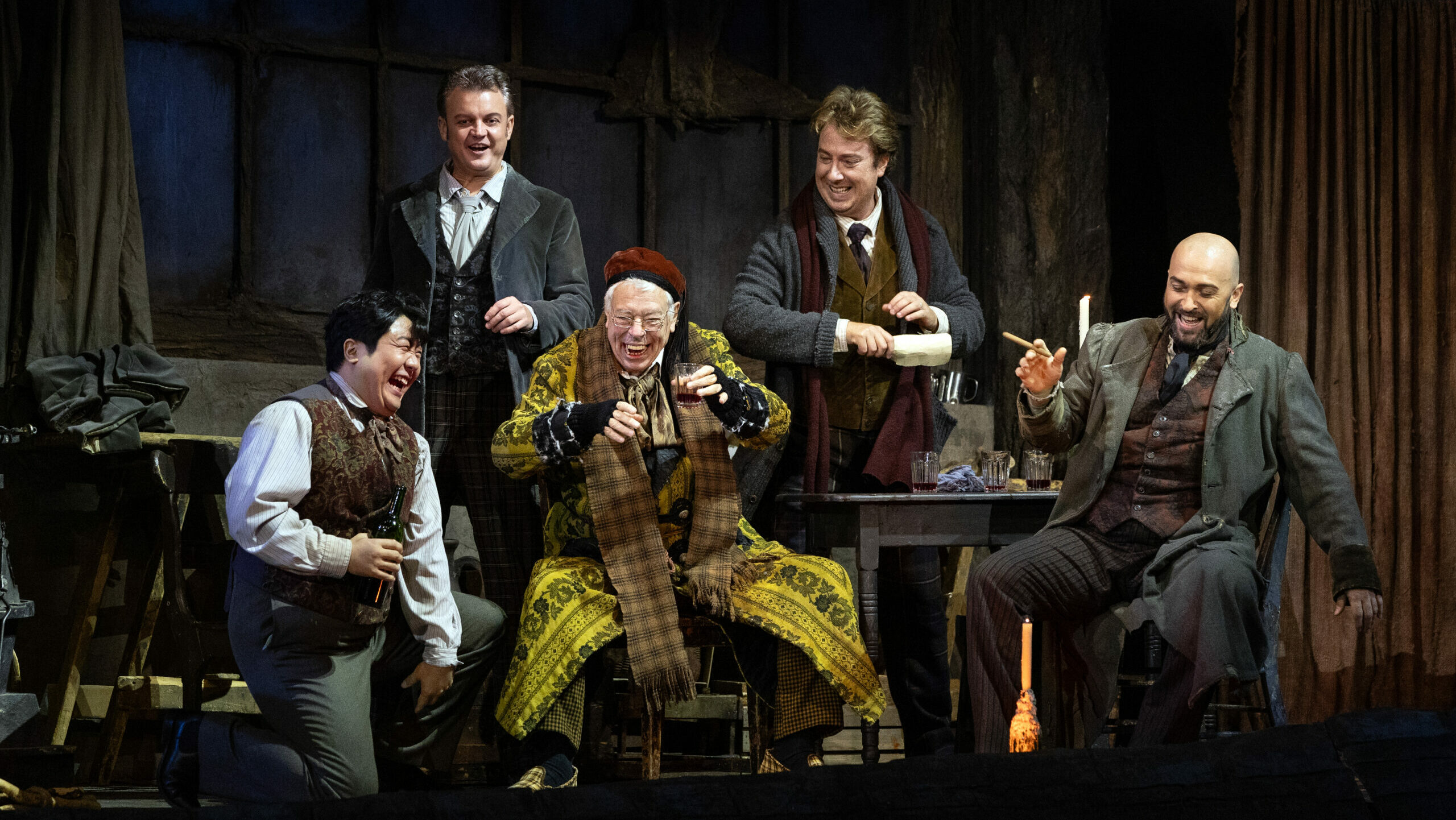
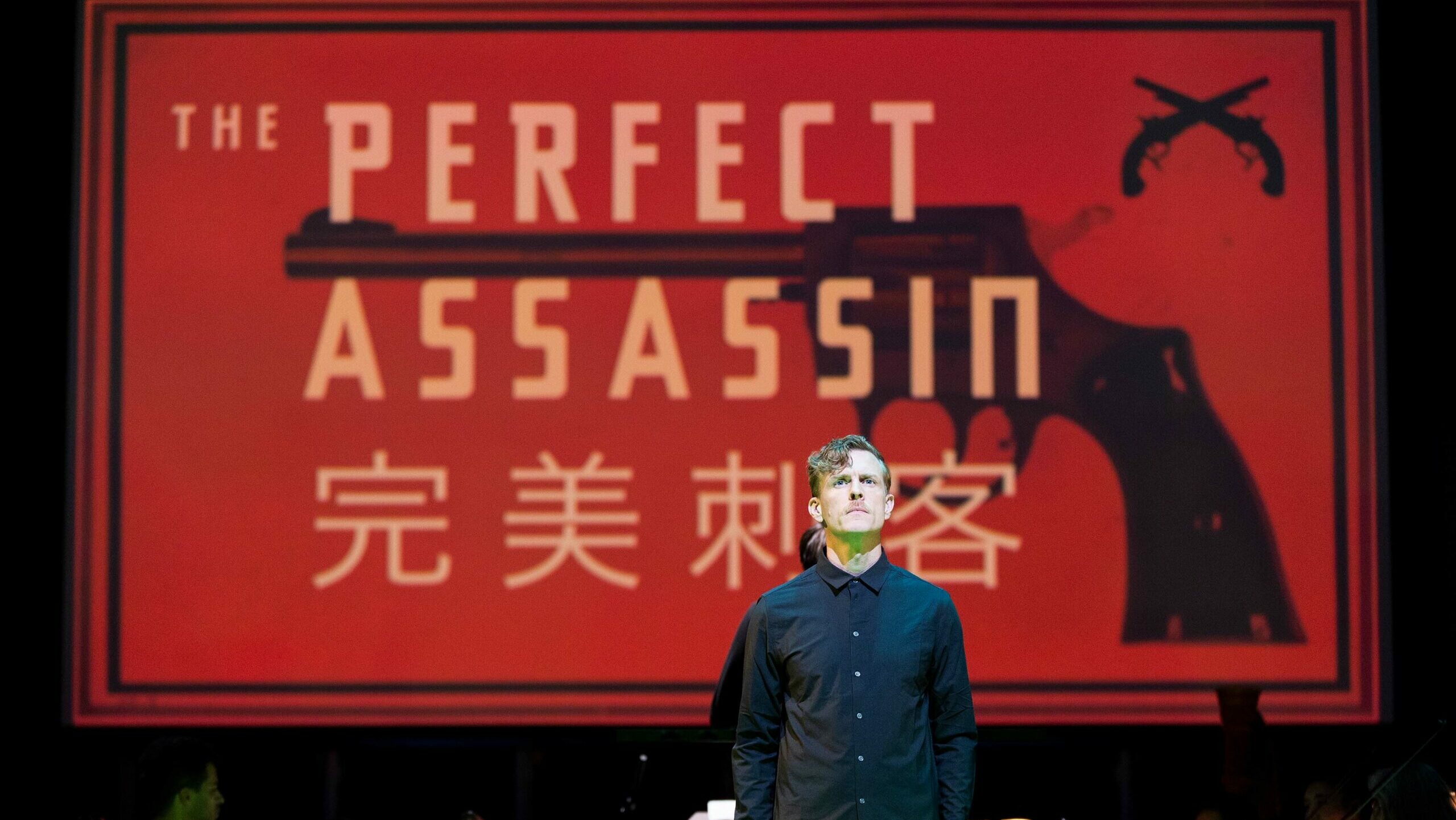
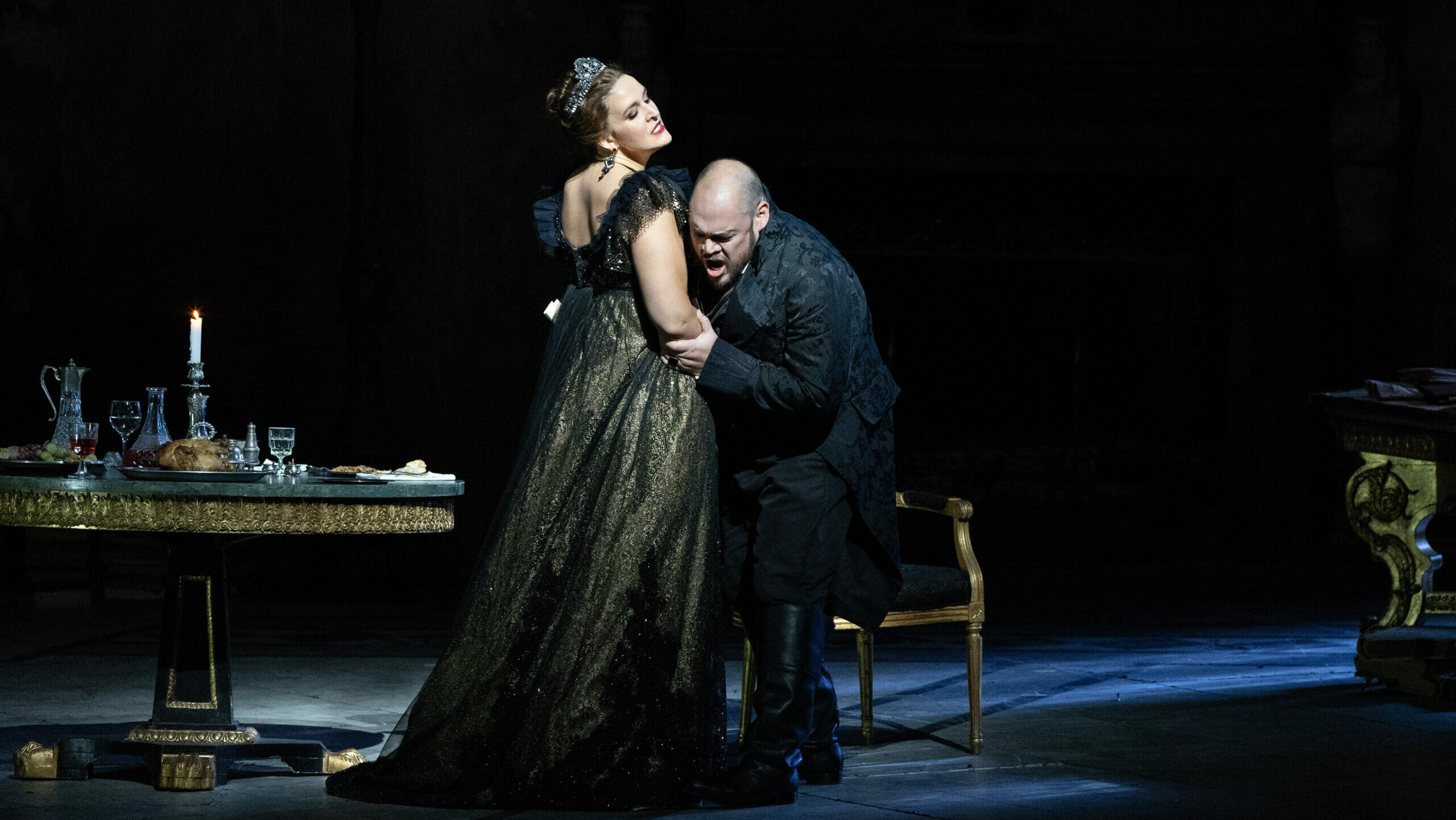

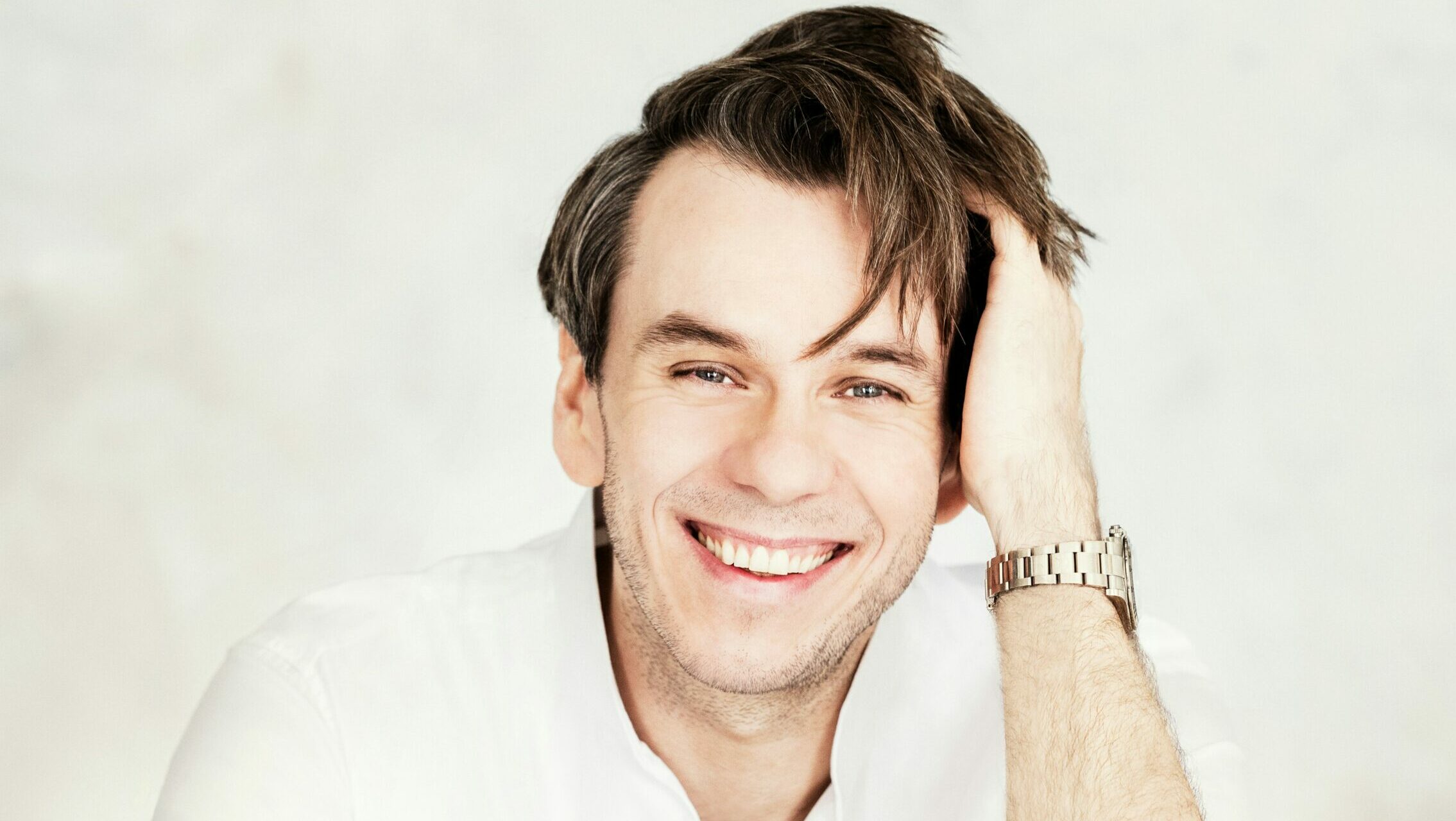
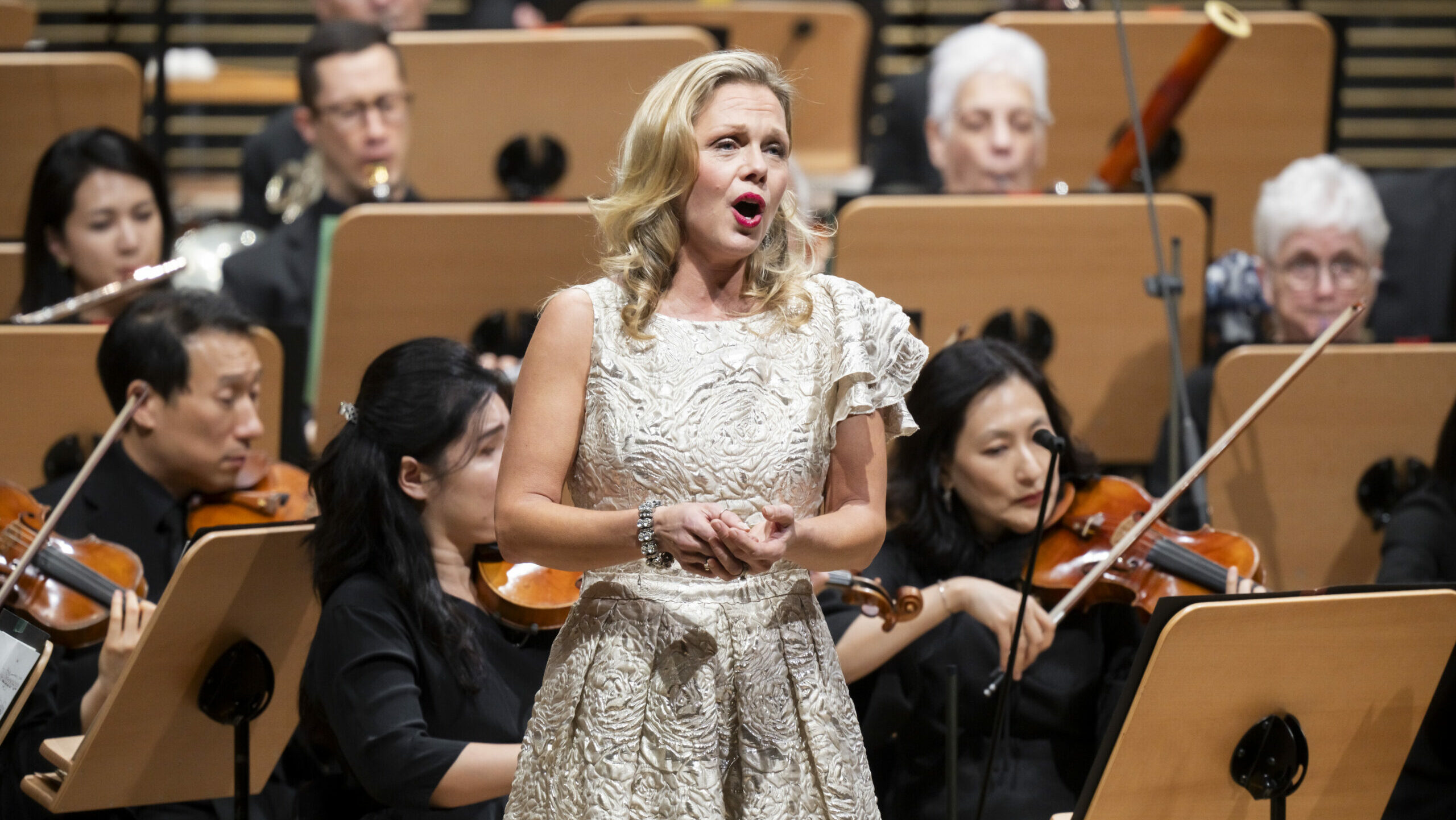
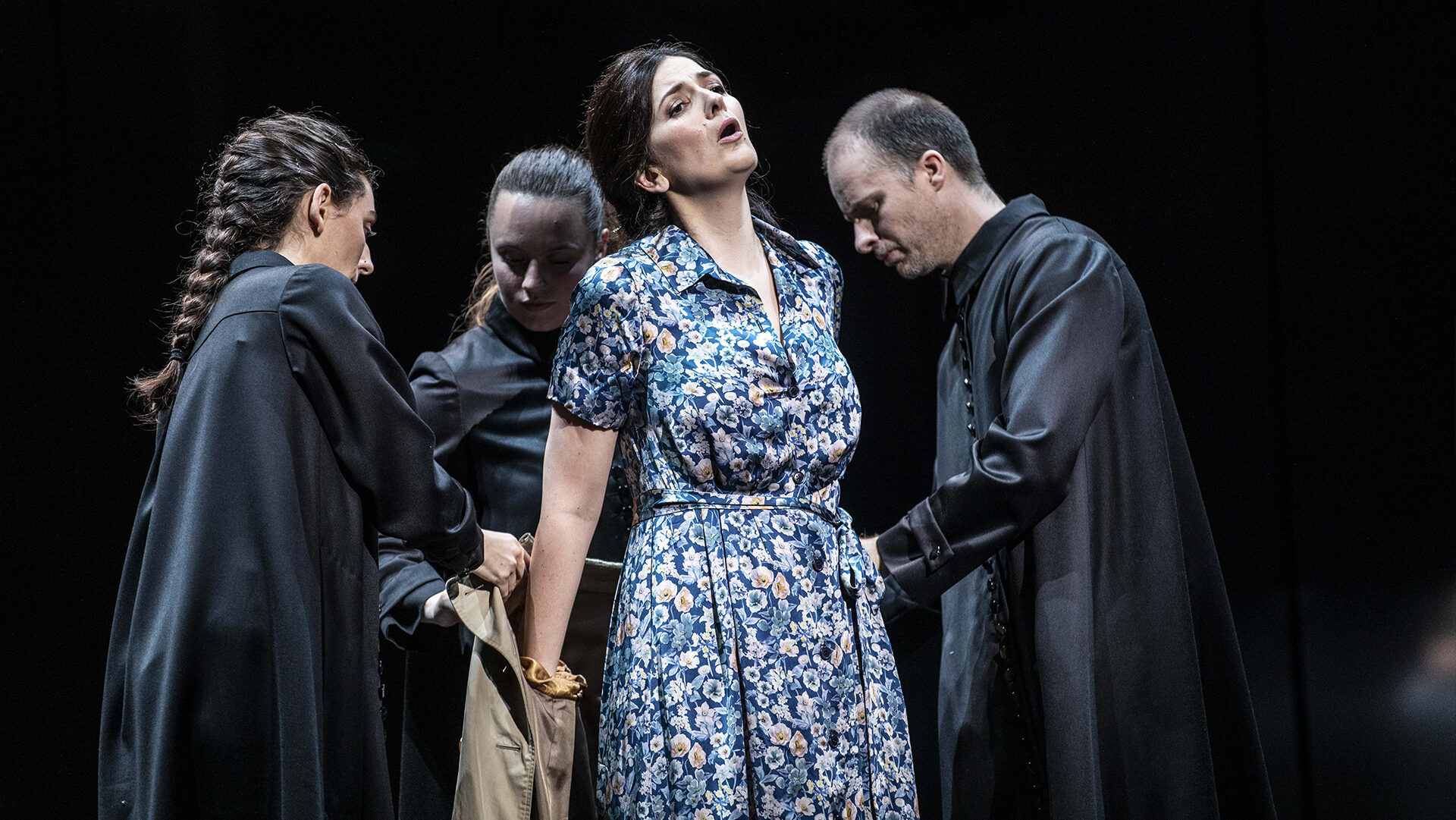
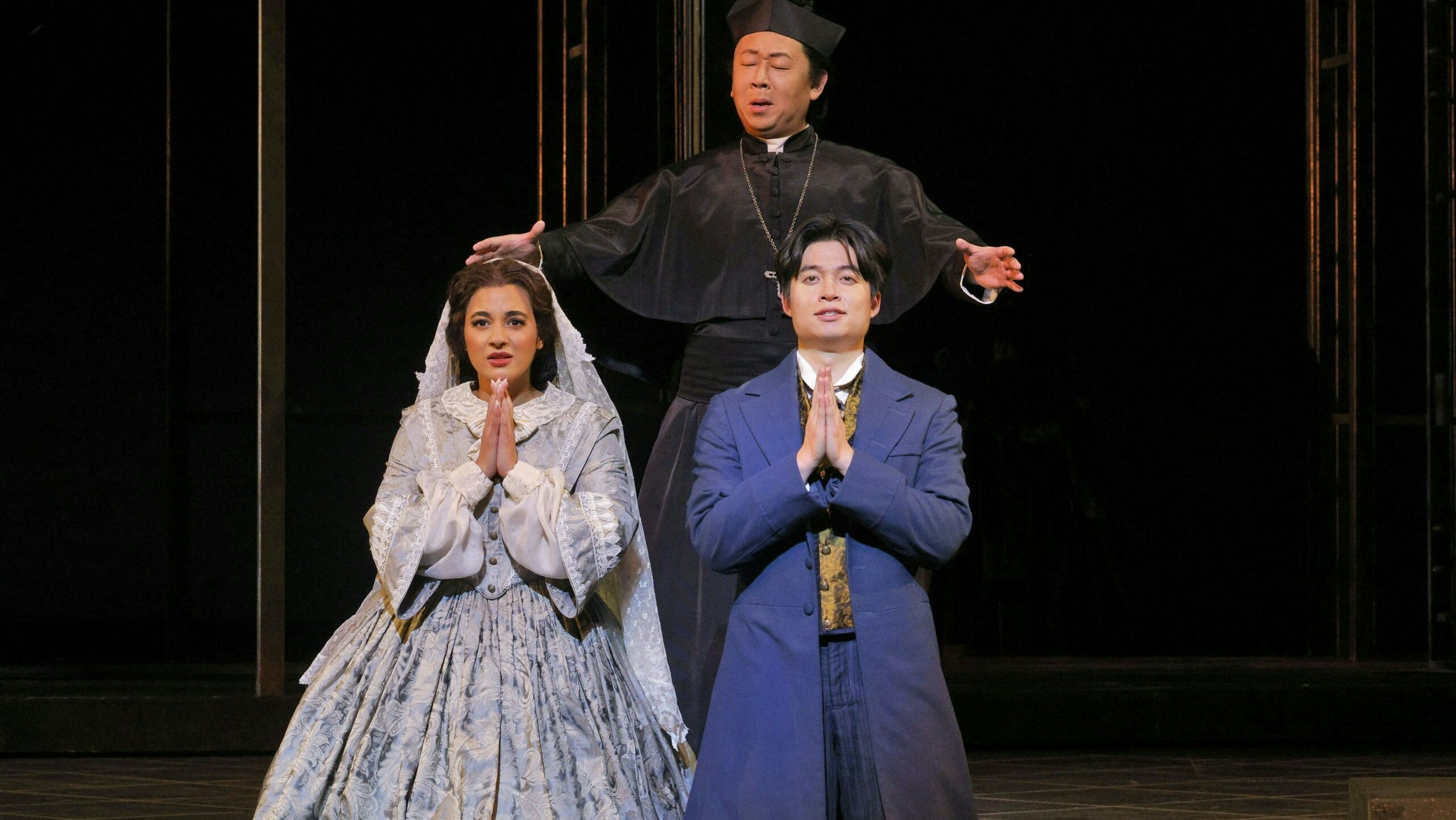
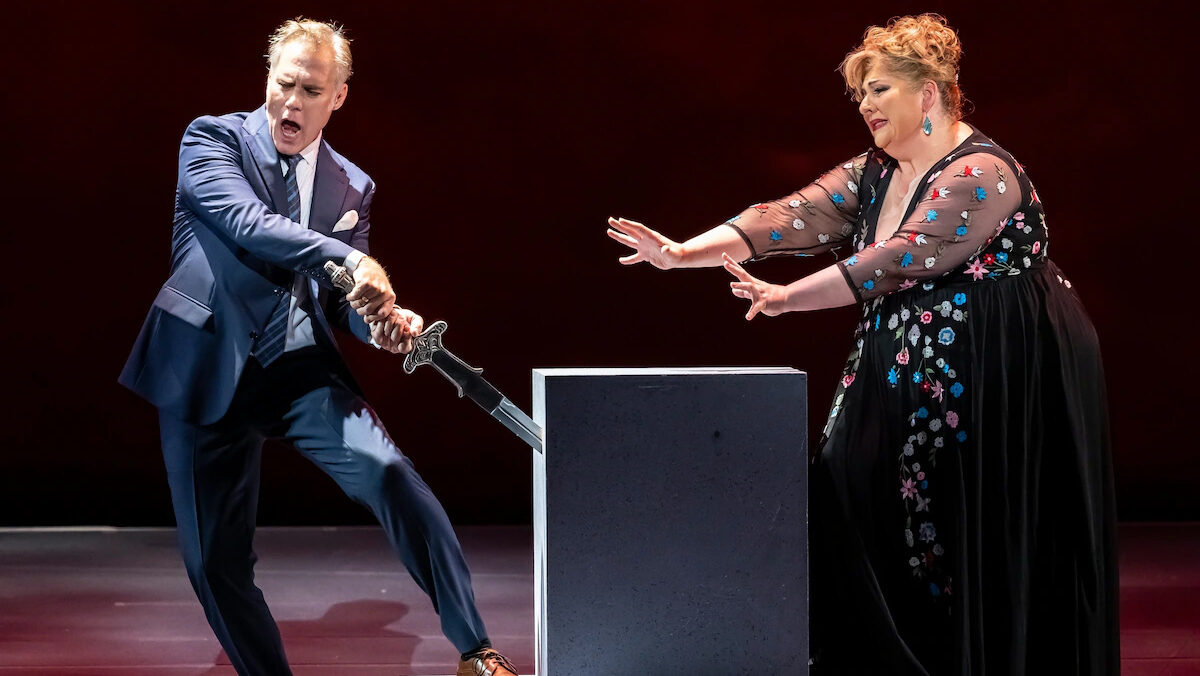
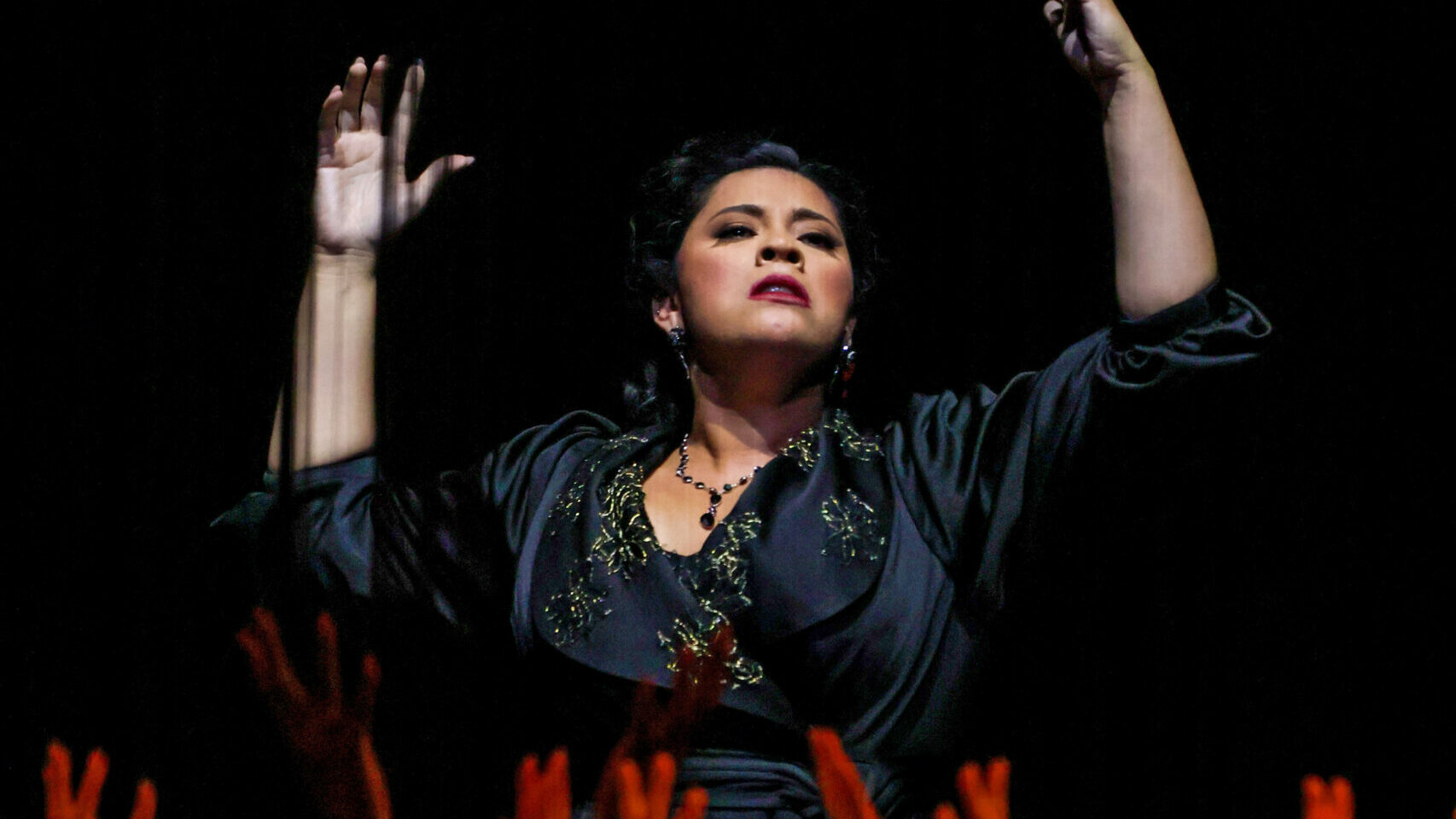
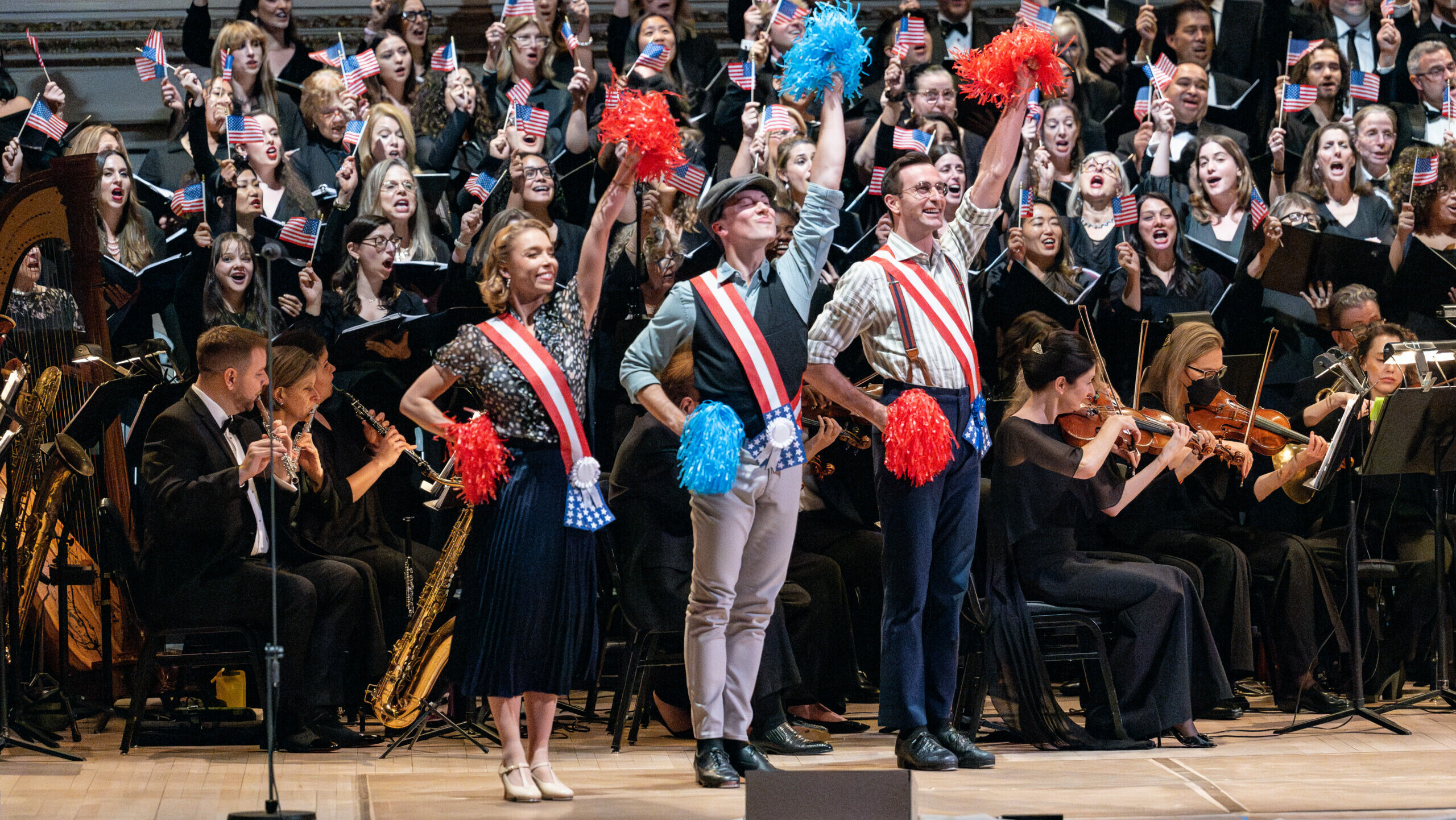
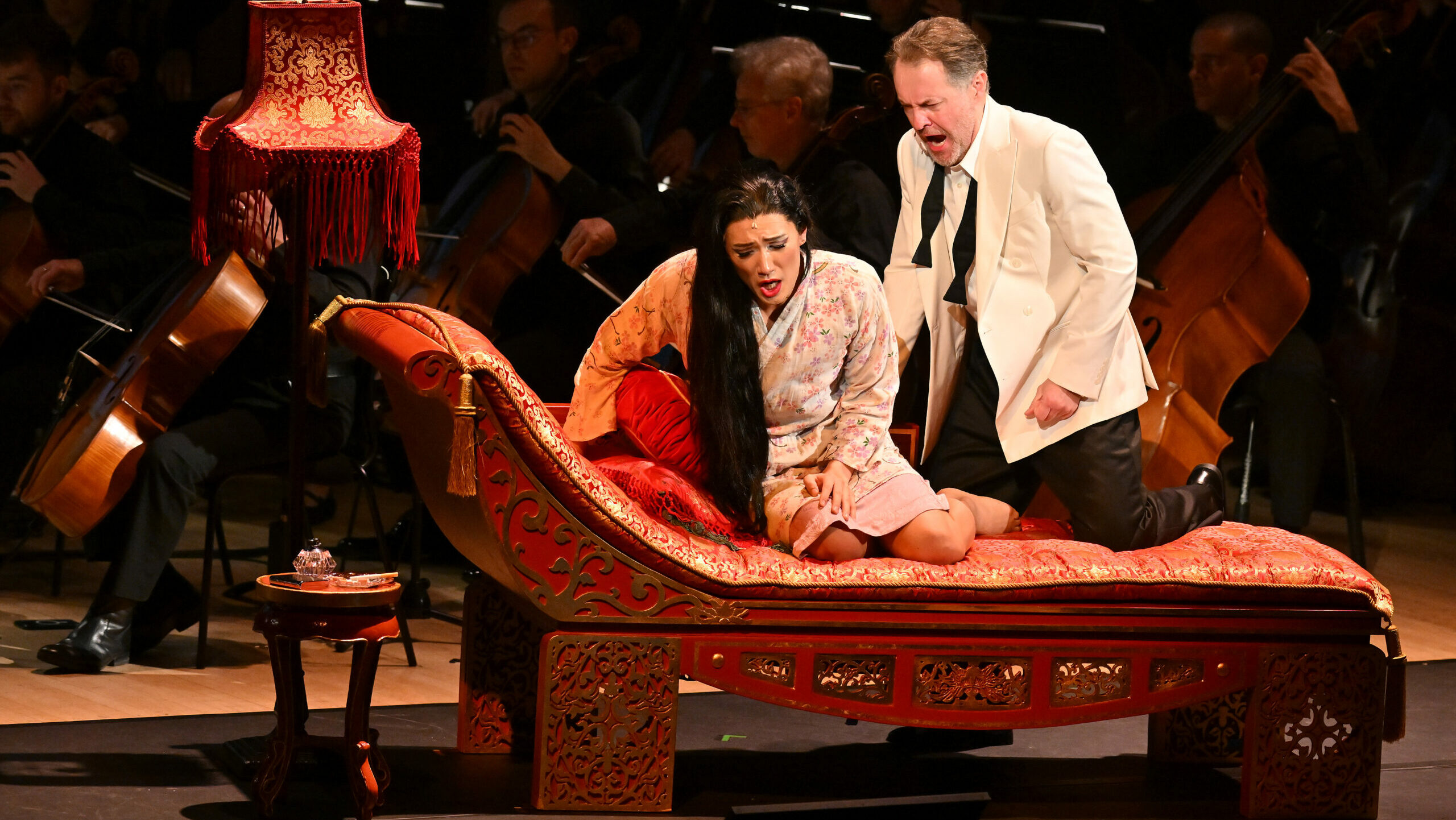
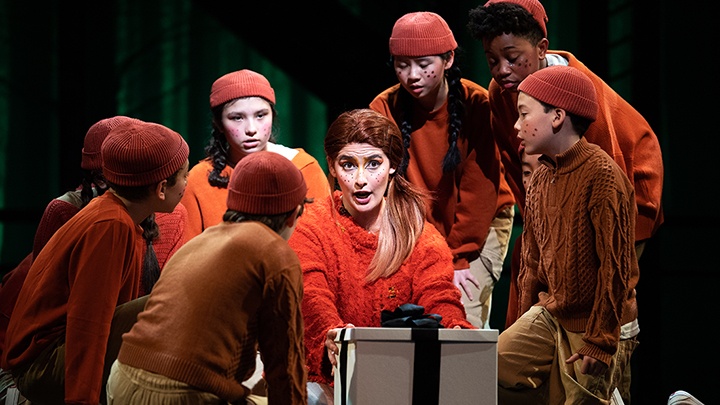

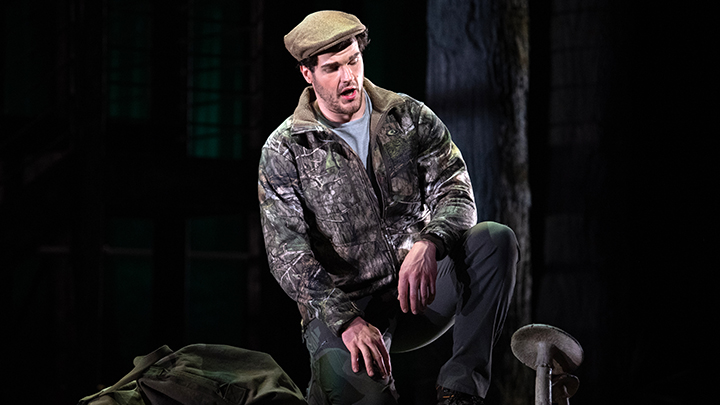



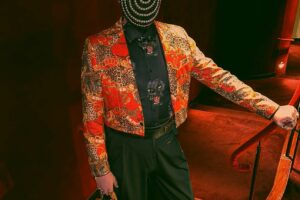
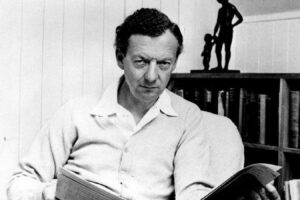
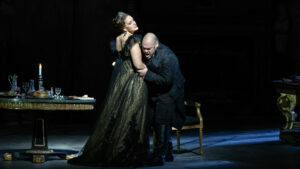
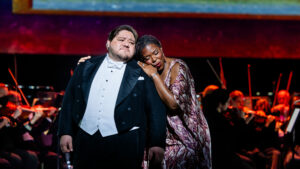





Comments